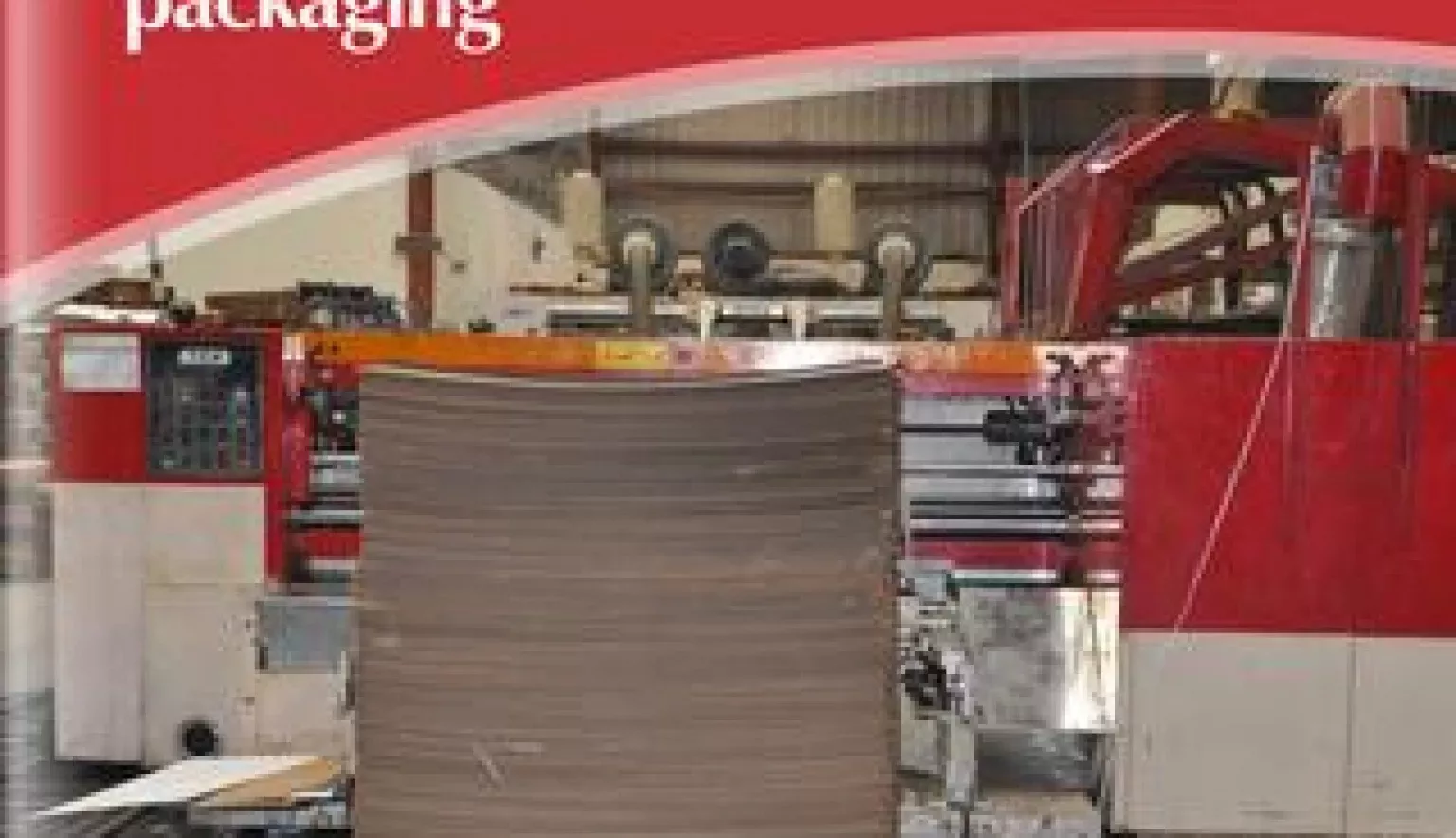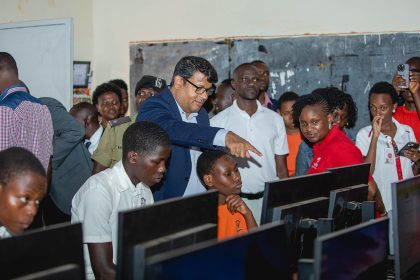Riley Packaging is keen to retain its competitive market-leading position by capitalising on the lucrative packaging opportunities in Uganda and surrounding landlocked countries.
INTRODUCTION
Making the transition from a semi-automated to a fully-automated manufacturing line during a strategic move into brand new premises in 2007 has been the main catalyst driving the growth of Uganda’s number one corrugated box packaging manufacturer, Riley Packaging.
Taking all the necessary steps to improve its technical capacities and allocating the capex spending required for state-of-the-art machinery to remain a competitive player in the market over the past nine years since establishment of the new plant, the Company now has plenty of room to continue bolstering its internal capacities; led by an unparalleled customer-centric focus that sees its boxes supplied to the vast majority of FMCG, pharmaceutical, food & beverage, flowers, cosmetics, stationary, tobacco, plastics and more in Uganda.
Furthermore, the Company is the largest exporter of corrugated boxes to the surrounding countries – Rwanda, Burundi, DRC and South Sudan – where demand for its services has escalated in recent years as the aforementioned landlocked countries look to Uganda for an affordable and quality packaging solution close-by.
Company Director, Vipul Desai recalls Riley Packaging’s journey to the present day: “When we formed in 2001, there were already a few players in existence and around two years later, we had proved ourselves in the market so started to expand by putting up a semi-automatic plant. By around 2005, we had reached capacity of our semi-automatic line which prompted the need to expand further and to improve productivity.
“Therefore, we identified the 17 acre site in Mukono Town, 25 kilometres from Kampala and, starting from scratch, we took the next step and put up a fully-automated manufacturing plant – with 5-ply corrugation equipment imported from Taiwan – that went on to be inaugurated by the President of Uganda in 2007. We have also purchased additional land of more than seven acres, taking our total land up to around 25 acres. This central region on Jjinja Highway is emerging as a main commercial centre and the size of the site still gives us plenty of room for future expansion.”
CUSTOMER CENTRICITY
Having compounded these initial spends in both 2010 and 2014 with the addition of new lines to cope with the organic increased demand for its corrugated boxes, it quickly became apparent how important Riley Packaging’s service was not only locally, but in the surrounding landlocked countries who face their own geographic challenges.
“Before our plant investment and relocation, around half of the Uganda’s packaging was being imported from Kenya; with a similar situation occurring in Rwanda, Burundi, DRC and South Sudan,” says Desai. “In striving for a better solution, around four years ago we forged a strong relationship with Dodhia Packaging in Kenya; aligning synergies between the two companies and sharing industry expertise, expats and other internal efficiencies that promise to mutually enhance our interests.”
This strategic alliance has helped to generate long-term clientele from all walks of business across East Africa and reaffirms the all-important customer trust and confidence in Riley Packaging to produce the very best product to international quality standards.
“Our customer-centric focus approach – or CCF as we call it – means that we work hard to make sure our finished product continues to meet the changing needs of our clients. Given the addition of new lines over the years and these customer changes, we have invested in a quality control lab, and an upgraded in-house design studio for research and development purposes that provides clients with the option to choose us for handling the printing and other tailored value-add services,” Desai explains.
In-house maintenance teams who carry out daily safety checks and weekly full machine inspections – in addition to the Company’s other integrated administrative processes that make the business run more efficiently – further reiterate Riley Packaging’s leading market position; around 92 percent of our employees are local and have benefitted from the Company’s training programme.
He adds: “It is important that we keep the team safe, which comes across through our commitment to maintenance and quality control regimes, and this is further epitomised by the fact that we have never lost a full day of production in the history of our operations.”
By keeping abreast of the latest packaging industry trends, the Company has also made sure to implement the necessary environmental considerations throughout its supply chain. Desai notes: “Reflecting our mindful approach towards the impact of our operations, around 95 percent of waste from our factory is recyclable, with our ballast imported from all over the world and paper imported from the neighbouring Port of Mombasa in Kenya. Paper waste is then sold back to the companies that make the paper, making this a cyclical process that limits the Company’s production waste. Adding to this, our finished product [the corrugated boxes] is biodegradable.”
MARKET UNDERSTANDING
Having the correct packaging is integral to the safe moving of goods globally, with many perishable goods having a strict window in which to maintain their freshness and others adhering to strict distribution timelines. Given Riley’s distance from the nearest port – which is more than 1,000 kilometres away in Mombasa – retaining at least three months worth of paper stock is vital to cope with demand. “Timely and effective delivery of our raw materials is monitored monthly during a joint meeting with Dodhia Packaging, where we review our stock levels, monitor consumption and make sure that our supply chain is fit for purpose,” says Desai. “Our customers come first, and timely and effective delivery of our raw materials allows us to maintain this philosophy.”
With plenty of land at its disposal to expand its manufacturing facilities long into the future, Riley Packaging eagerly awaits a market boost; with future growth prospects based on the stable market conditions of the surrounding countries, as well as adjusting to customer requirement.
As new players enter the local market and new challenges arise, internal continuous improvement activities remain a core facet of the Riley Packaging business strategy in order to maintain its market-leading status. Desai emphasises: “The situation has changed over the past decade and the political instability felt in some of the neighbouring countries which we export to inevitably has an effect on us, and so we have to continually re-evaluate costs and uphold stringent internal processes as these belts tighten further.”
He concludes: “Our timely corrective and preventative strategies that we have embedded over the past few years are helping us to achieve our CCF goals and maintain our service levels in line with this, so we must make sure we take the right actions accordingly – working closely with our customers – to keep growing our top and bottom line.”































